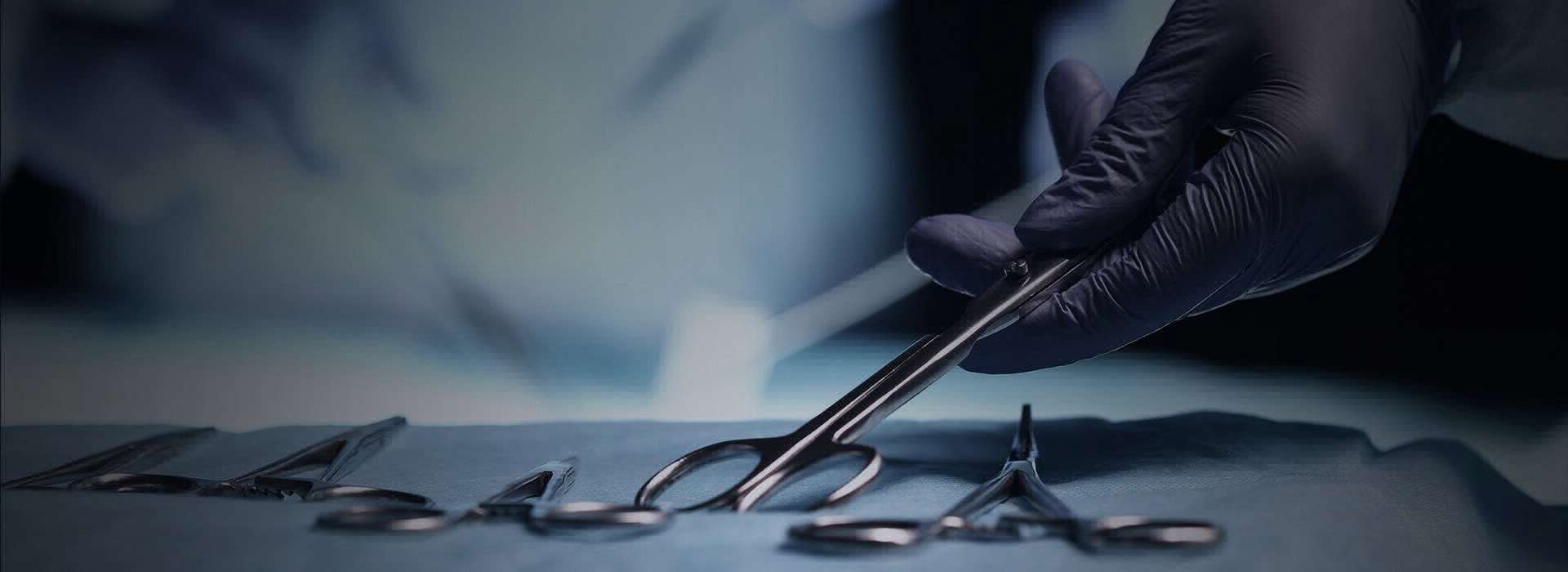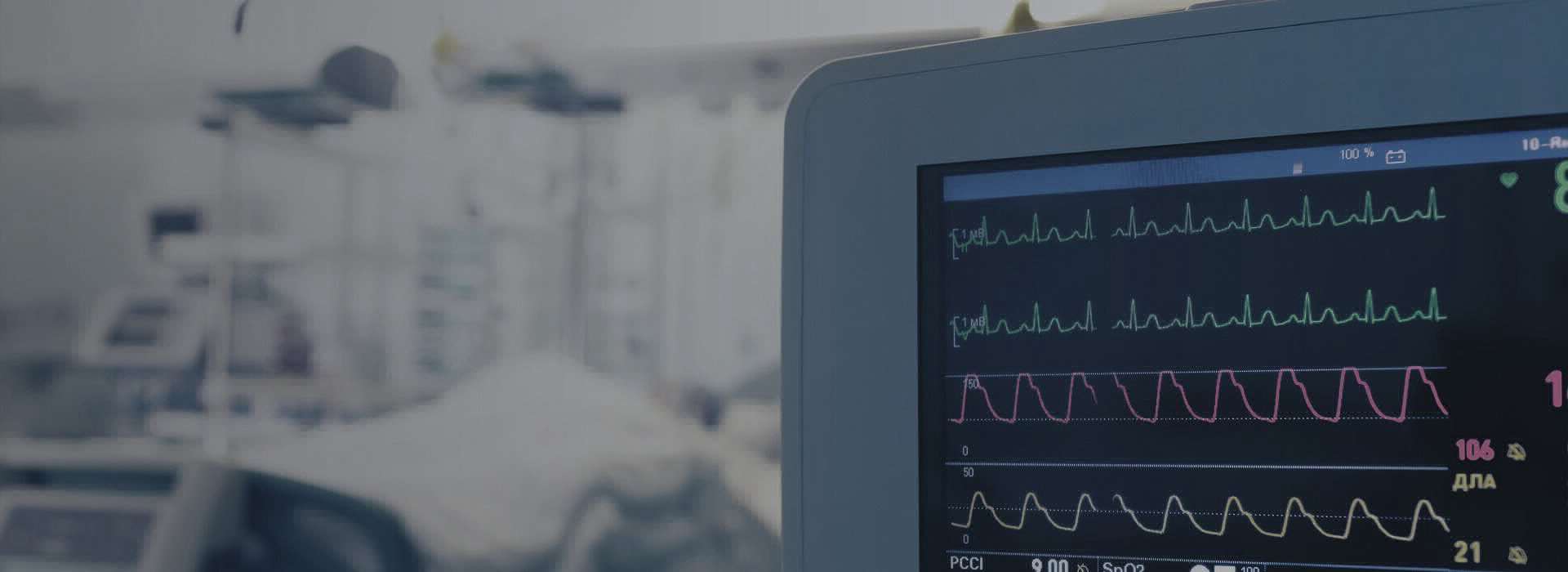THIS NOTICE DESCRIBES HOW MEDICAL INFORMATION ABOUT YOU MAY BE USED AND DISCLOSED AND HOW YOU CAN GET ACCESS TO THIS INFORMATION. PLEASE REVIEW IT CAREFULLY.
Kare Partners is committed to providing its patients with a transparent healthcare system that respects and protects their personal privacy choices and concerns. These terms and conditions and privacy policy together establish an agreement which Kare Partners and the user of the Website enter into following with the visit to the Website and your use of the services provided by Kare Partners.
To better protect your privacy we are providing you with this information explaining our online information practices and the choices you can make about the way your information is collected and used. Please review this privacy policy before submitting any personally identifiable information to Kare Partners through this site. This site is also subject to our website terms and conditions of use. By using this site, you signify your acceptance of Privacy Policy and our Terms and Conditions of Use. If you do not agree with this privacy policy or our Terms and Conditions of Use please do not use our site.
This document is an electronic record in terms of Information Technology Act, 2000 and rules there under as applicable and the amended provisions pertaining to electronic records in various statutes as amended by the Information Technology Act, 2000. This electronic record is generated by a computer system and does not require any physical or digital signatures.
This document is published in accordance with the provisions of Rule 3 (1) of the Information Technology (Intermediaries guidelines) Rules, 2011 that require publishing the rules and regulations, privacy policy and Terms of Use for access or usage of Kare Partners website and its mobile applications.
TERMS & CONDITIONS
1. CONDITIONS OF USE
You must be 14 years of age or older to register, use the Services, or visit or use the Website in any manner. By registering, visiting and using the Website or accepting this Agreement, you represent and warrant to Kare Partners that you are 14 years of age or older, and that you have the right, authority and capacity to use the Website and the Services available through the Website, and agree to and abide by this Agreement.
We may request you to provide personally identifiable information in order to access certain services or engage in certain activities on a website. We are using open source my sql and arangoDB database to store our data. The information collected depends on how you choose to use our services and our website, as detailed below:
1. To help us improve the services we offer.
2. To personalize your experience and inform you about the treatments/services in which you have indicated an interest.
3. To tailor visit to third-party sites based on your interactions on our site.
4. To improve our website offerings and sending you information and updates.
5. To respond to your questions and requests and improve customer service.
6. To administer a promotion, surveyor other site feature
7. To communicate changes to our privacy policy
Only those who need the information provided to perform a specific task have access to your information.
In general, you can browse the Website without telling us who you are or revealing any personal information about yourself.
2. THIRD-PARTY VENDORS/CONTENT PROVIDERS
Kare Partners never shares any personal information you provide when requesting information with third parties, except as required by law or in order to provide the services requested. Kare Partners occasionally will engage reputable third-party vendors to help us manage our website, provide content and information, and interact better with our patients and visitors. The Company may disclose aggregated information about the use of the Website, but it will never contain Personal Information. The Company does not disclose Personal Information to third parties in the normal course of operations. The Company implements standard measures to protect against unauthorized access to and unlawful interception of Personal Information. However, no internet site can fully eliminate security risks.
Kare Partners website may contain functionality which enables you to import profile information or contacts from third-party services (e.g., LinkedIn, Facebook, Twitter, Gmail, etc.) (Collectively, “Third Party Social Media Accounts”). If you choose to do this, you may have to log into the applicable third party account, using such account’s username and password. The copy of the information received by us shall be subject to this Privacy Policy. However, any data maintained by in Third Party Social Media Accounts and by such third party service and your use of that third party service will be subject to that third party’s terms of use and privacy policy.
3. NO MEDICAL ADVICE
This Site does not provide medical advice, including diagnosis. Nothing you read or learn on this Site should be considered to constitute medical advice as the Site is provided for general information to focus on prevention of disease by promoting good health. Information on this Site is not intended to create any physician-patient relationship. The medical/treatment related information you obtain from this Site might be inappropriate for your own situation, or might be misinterpreted. Kare Partners assumes no responsibility for how you use the information you obtain from this Site. Although we strive to keep our information up to date, medical information changes rapidly, and some information may be out of date. For advice about your own health situation, including diagnosis and treatment, please consult with your personal physician.
4. LINKS TO EXTERNAL WEBSITES
This Website Privacy Policy applies only to the Kare Partners website. In order to provide website users with other helpful information, the Kare Partners website contains links to other websites. However, Kare Partners provides no authority over external organizations’ websites and this policy does not apply to external sites that are provided as links. We encourage you to read the Privacy Policies on any external websites before providing them with personal information.
5. INTELLECTUAL PROPERTY RIGHTS
The Site and the Content, features and functionality (including but not limited to all information, software, text, displays, images, video and audio, and the design, selection and arrangement thereof) are owned by Kare Partners, its licensors, or other providers of such material. No right, title or interest in the Site or any Content is transferred to you, whether as a result of downloading Content or otherwise. You may download and reprint Content for non-commercial, non-public, personal use only and not for further reproduction, publication or distribution. Your computer may temporarily store copies of such materials in related to your accessing and viewing of the Site and Content. You may store files that are automatically cached by your web browser for display enhancement purposes. If you are using this Site as an employee of Kare Partners, you must abide by these Terms of Use, as well as any additional terms or obligations Kare Partners has established for its employees. Except as expressly authorized by this Terms of Use, you may not reproduce, modify, publicly display, publicly perform, republish, download, use, alter, copy, distribute, store or transmit, or derive another work from any Content obtained from the Site or the Services, except as expressly permitted by the Terms of Use.
3. SECURITY
The Company strives to ensure the security, integrity and privacy of Your Personal Information and to protect Your Personal Information against unauthorized access or unauthorized alteration, disclosure or destruction. For this purpose, The Company adopts internal reviews of the data collection, storage and processing practices and security measures, including appropriate encryption and physical security measures to guard against unauthorized access to systems where The Company stores your personal data. The terms “personal information” and “sensitive personal data or information” are defined under the SPI Rules. The Company is not responsible for any breach of security or for any actions of any third parties that receive Your Personal Information. The Website is also linked to many other sites and we are not / shall be not responsible for their privacy policies or practices as it is beyond our control.
VIRUSES
Kare Partners make reasonable attempts to exclude viruses from the Website, but we cannot ensure that the Website will be at all times free from viruses or other destructive software. You are urged to take appropriate safeguards before downloading any information from the Website. Kare Partners assumes no responsibility for, and you are solely responsible for, any damages to computer equipment or other property that may result from use of the Website or downloading anything from the Website
NEWSLETTER/PRESS RELEASE SUBSCRIPTIONS
If you subscribe to a newsletter, publication or press release published by Kare Partners and distributed by email, we will maintain your email address in a private distribution list unless you have selected to "opt-out.” Messages sent electronically do not include recipients' email addresses or any other personal information. Unsubscribe from Kare Partners email communications
7. CUSTOMER CARE
Customer data will also be used by Kare Partners to ensure that you receive comprehensive customer support services. This will not cost you anything. Kare Partners central Customer Care Centre is at your disposal. During normal service hours, you can contact the highly trained professionals there, who will deal with and handle your concerns. The use of existing information will make it unnecessary to ask you for your data once more. In this way, your requests can be handled more quickly and in a more individual manner.
8. TERMINATION
You may terminate these Terms of Use at any time by discontinuing your use of the Site at any time. You do not need to specifically inform Kare Partners when you stop using the Site. You agree that Kare Partners shall decide, in its discretion, if your conduct violates any aspect of these Terms of Use and that Kare Partners may take whatever action it deems appropriate to address such violation including without limitation notification of appropriate authorities and removal of your access to the Site and/or any Kare Partners products or services. You alone are responsible for the content and consequences of any of your activities.
9. DISCLOSURE
Kare Partners will use information only in accordance with this Privacy Policy under which the information was collected unless we have received explicit authorization.
Kare Partners may disclose any information about You (including Your identity) if The Company determines that such disclosure is necessary in connection with any investigation or complaint regarding Your use of the Website, or to identify, contact or bring legal action against someone who may be causing injury to or interference with (either intentionally or unintentionally) The Company's rights or property, or the rights or property of users of the Website, including The Company's customers and / or vendors. Kare Partners reserves the right at all times to disclose any information that The Company deems necessary to comply with any applicable law, regulation, and legal process or governmental request. The Company also may disclose your information when The Company determines that applicable law requires or permits such disclosure, including exchanging information with other companies and organizations for fraud protection purposes.
You acknowledge and agree that The Company may preserve any communication by You with The Company through the Website, and may also disclose such data if required to do so by law or if The Company determines that such preservation or disclosure is reasonably necessary to:
(1) comply with legal process;
(2) comply with legal process;
(3) Respond to claims that any such data violates the rights of others; or
(4) Protect the rights, property or personal safety of The Company, its employees, users of, or visitors to, the Website, and the public.
10. GENERAL PROVISIONS
This Policy should be at all times read along with the Terms of Use / Terms and Conditions of the Website. Unless stated otherwise, the Policy applies to all information that Kare Partners has about you.
Kare Partners may make changes to this Privacy Policy, from time to time at The Company's sole discretion or on account of changes in law or otherwise. The Company may e-mail periodic reminders of the notices and conditions, unless you have instructed The Company not to, but you should check the Website frequently to see recent changes. Notwithstanding the above, Kare Partners shall not be required to notify you of any changes made to this Privacy Policy. The revised Privacy Policy shall be made available on the Website. Your continued use of the Website, following changes to this Privacy Policy, will constitute your acceptance of those changes.
If you choose to visit the Website, Your visit and any dispute over privacy is subject to this Privacy Policy and the Website's Terms of Use / Terms and Conditions. In addition to the foregoing, any disputes arising under this Privacy Policy shall be governed by the laws of India.
11. CHANGES TO THIS POLICY
Kare Partners has the right to change or update this Website Privacy Policy from time to time without notice, so please review it periodically to keep informed of any changes. If you have questions about this privacy policy or concerns about how we collect, use or protect your personal information, please contact us.



